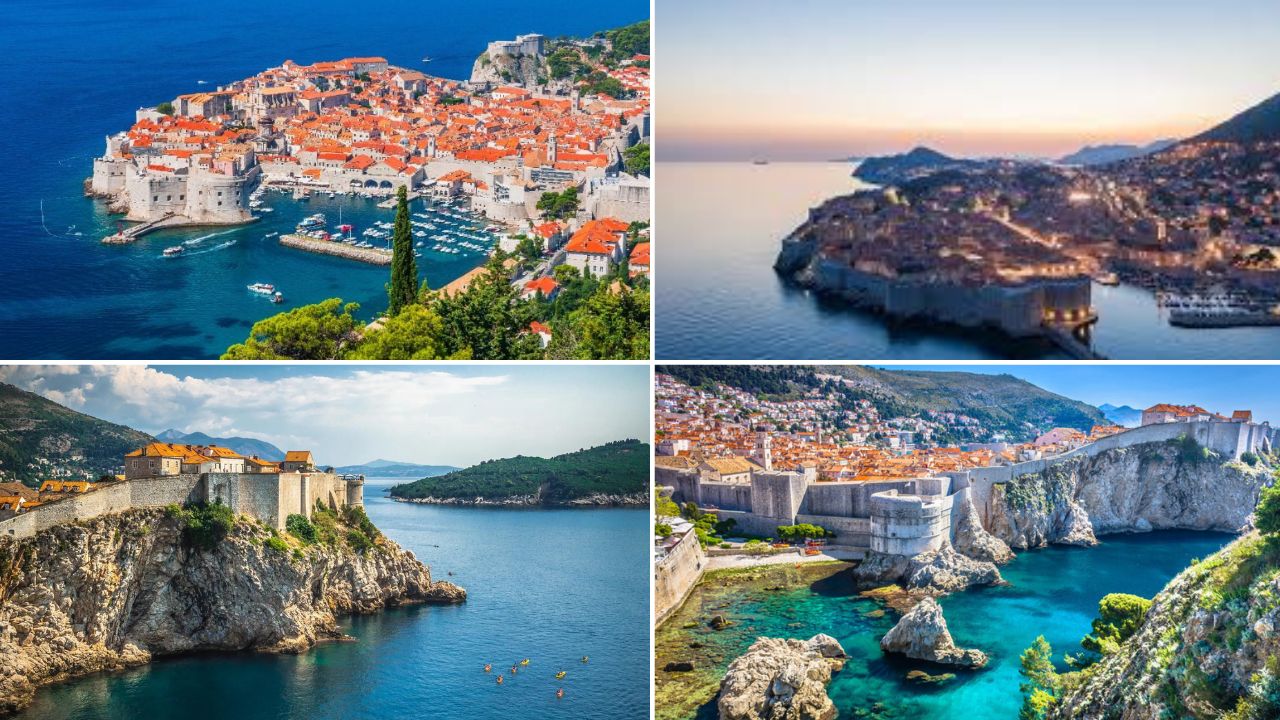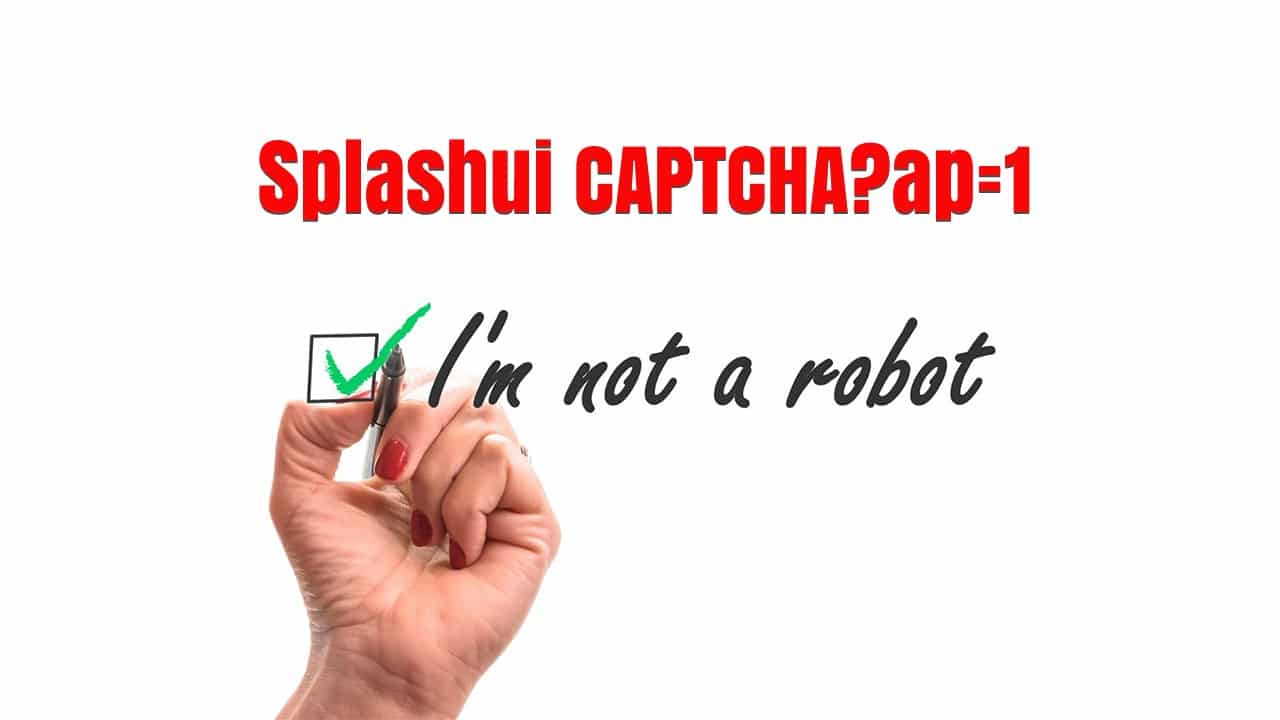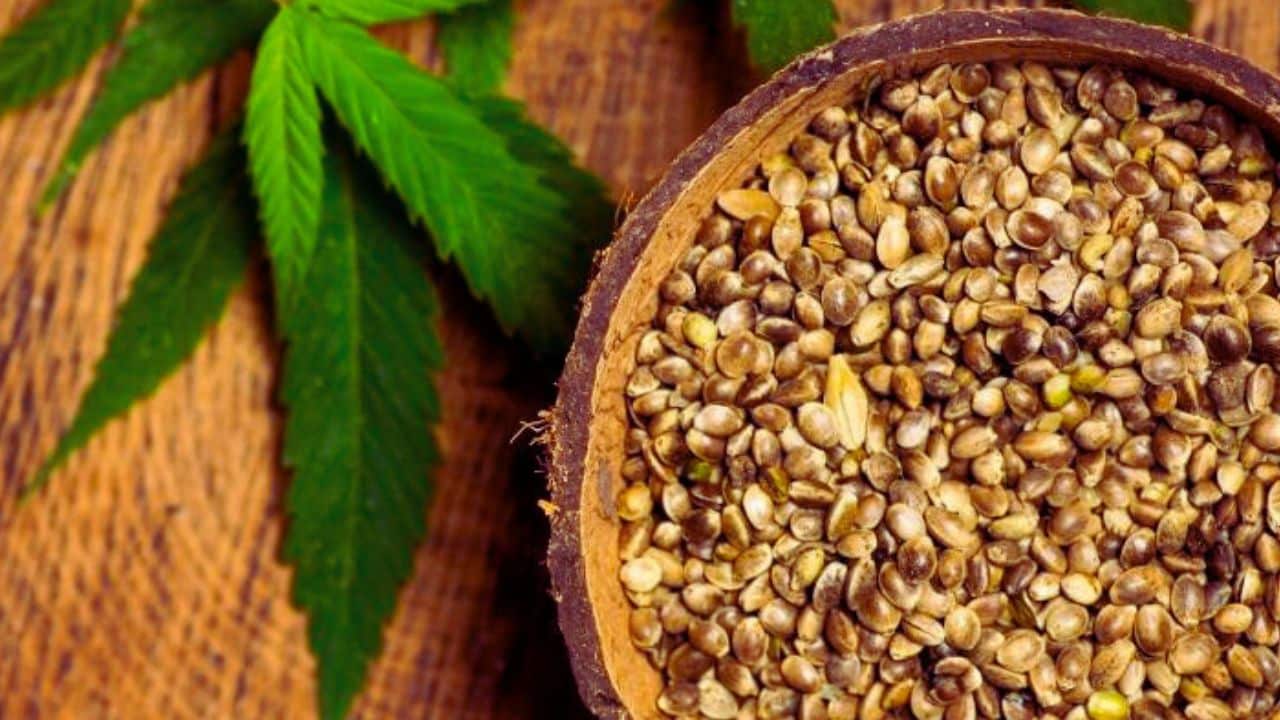Perhaps you’ve spent the last few days floating on a cloud about your next, well-deserved vacation and will resume thinking about it as soon as you complete this piece. And, in reality, the advantages of a nice vacation can be felt even before the trip begins.
According to scientific studies, simply anticipating a future benefit can be more rewarding than the prize itself. This is due to a little chemical called dopamine, which we will discuss later.
But, before we go any farther, let’s consider a few questions. Is it really vital to take vacations? Why do we require them? Above all, what are the advantages of a few leisure days?
Rest boosts cognitive flexibility
Although it may appear impossible, there is relatively little scientific literature that investigates the immediate benefits of holidays on our brain. What is undeniable is that they are necessary. This was the conclusion of a 2016 study in which 46 employees from a Dutch company took part.
The workers were put through a test in which they were given objects (such as a hammer) and challenged to find the most applications for their objects in the shortest amount of time (building tool, weapon, paperweight, etc.). Workers’ cognitive flexibility improved after two or three weeks of vacation, according to the researchers. To put it another way, they were able to think of more uses for the things than the findings acquired a few weeks before their holidays.
Most studies agree that stress reduction is one of the key biological causes for this increase in cognitive flexibility – and for the advantages of holidays in general.
We can all agree that job causes stress. But there is one important distinction to be made here: stress does not have to be bad in and of itself. When it is sporadic, it is usually good since it stimulates systems that help us carry with our everyday tasks, such as reaching a deadline (the writers of this article are now working on that).
Chronic stress is the “other stress” that has negative repercussions for everyone. It arises when it is sustained over time, either owing to persistent pressure or to conditions that we are unable to handle. It causes weariness, increased anxiety, irritation, and anger. And, yeah, it is unquestionably horrible.
Vacation recipe that recharges your batteries
The most important thing a good vacation can accomplish for our mental health is to lessen chronic stress levels. When we are idle, our brain can reverse the detrimental consequences of stress, at least momentarily. And here is the key: in order for holidays to be truly beneficial, we must ensure that they truly relieve us of the stress of our jobs. That is, we must refrain from doing outstanding work, responding to emails, and so on.
On the other hand, it is critical that our holidays do not create new stressful situations for us.
Another important factor is to enjoy the wait. Why is it that simply anticipating our holidays makes us happy? Dopamine, which is created in the neurons of two brain regions known as the substantia nigra (because of its dark color under the microscope) and the ventral tegmental area (found in the center of our brain, more or less behind the ears), was described a few paragraphs ago.
Both regions, which include between 400,000 and 600,000 neurons in humans, transmit axons to different parts of the brain. They contribute to the pleasant feelings induced by new encounters and rewards by releasing dopamine. As a result, knowing that our vacation is approaching raises dopamine levels in our brain, giving us a sense of joy.
Similarly, the ideal vacations are those in which we enjoy new experiences (such as visiting new areas) as well as rewards (such as that seafood platter we’ve been eyeing all year). Of all, what one feels satisfying is largely subjective, and what one person finds enjoyable may create stress in another.
Read Also: Best Family Beaches in Florida: Bliss for the Whole Family
Whether to enjoy or not to enjoy
This pleasure-generating system is likewise impacted by persistent stress. High or chronic levels of stress, such as those we face throughout the year throughout our workday, have been shown in studies to reduce the quantity of dopamine released and/or modify how it is metabolized.
Worse, the alterations are not limited to the substantia nigra or the ventral tegmental region. Chronic stress has also been shown to alter the amount of dopamine receptors in the locations that receive these projections. When this happens, depression symptoms frequently emerge. As a result, a stress-free holiday will help to restore the dopaminergic system.
What is yet unclear is if taking vacations for long periods has a greater impact than taking them in a staggered and shorter period.
Whatever the case may be, pleasant holidays are beneficial to us. So, in order to reboot their dopaminergic system, we advise our readers to engage in activities that make them feel good, replenish their energy, and lessen their stress. Travel safely!
Read More: Ways to Make Your Travel Trips Memorable Forever










































